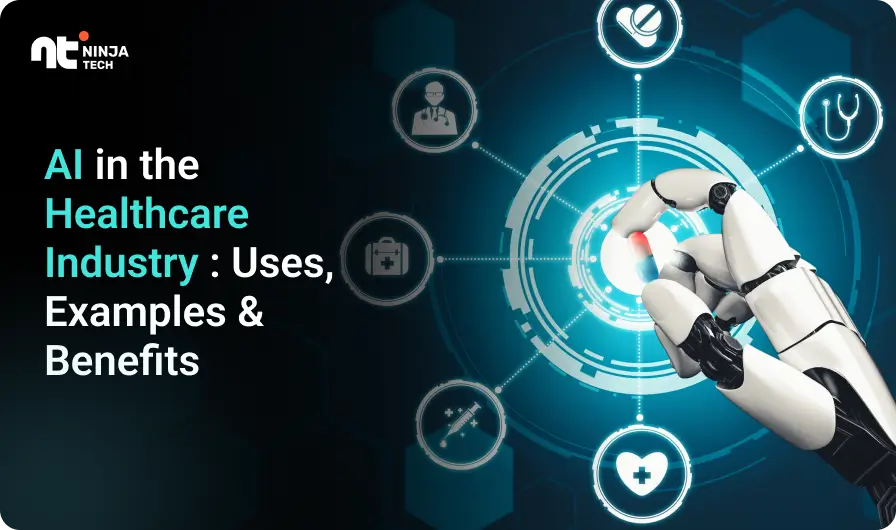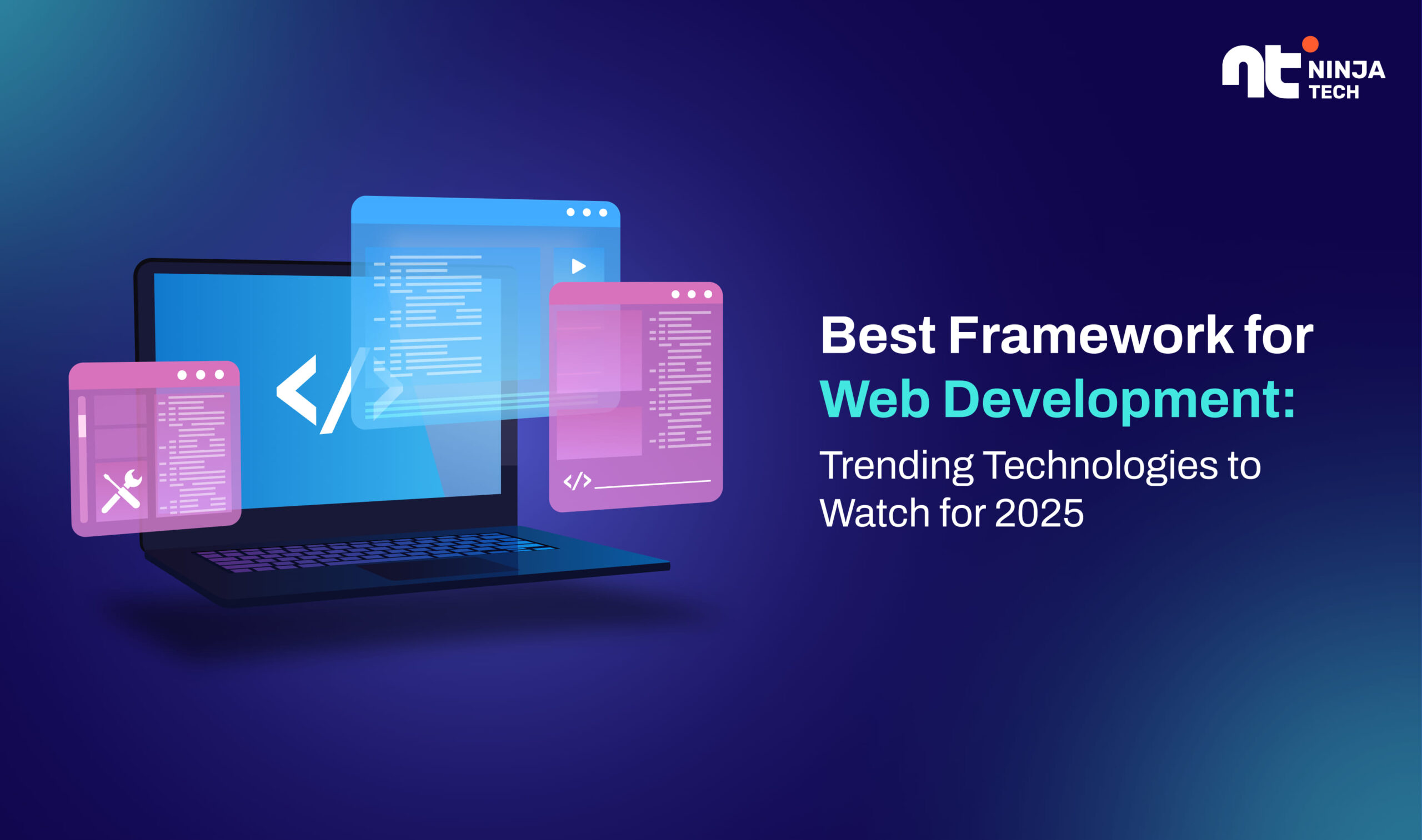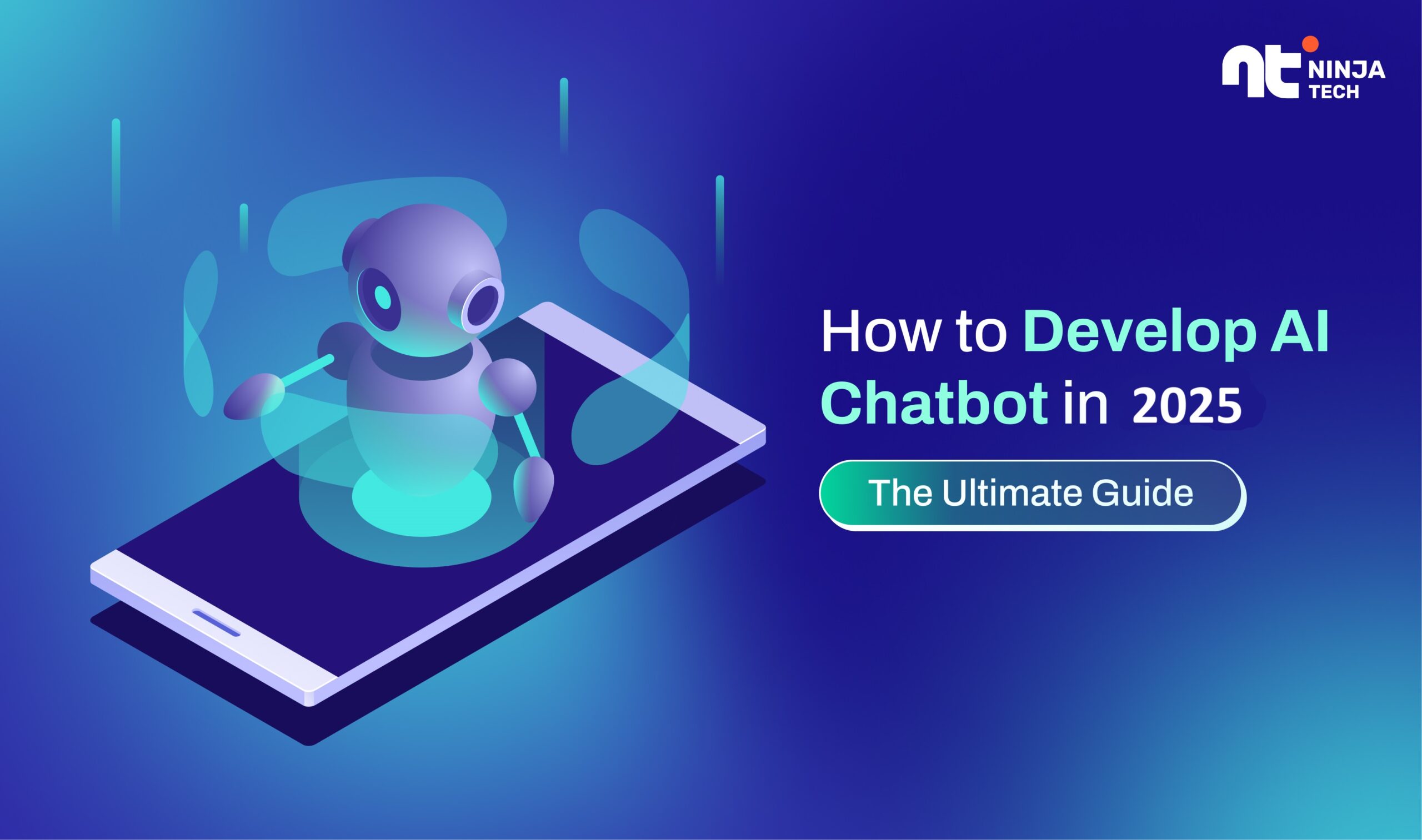Exploring the Latest Trends in AI and ML Development
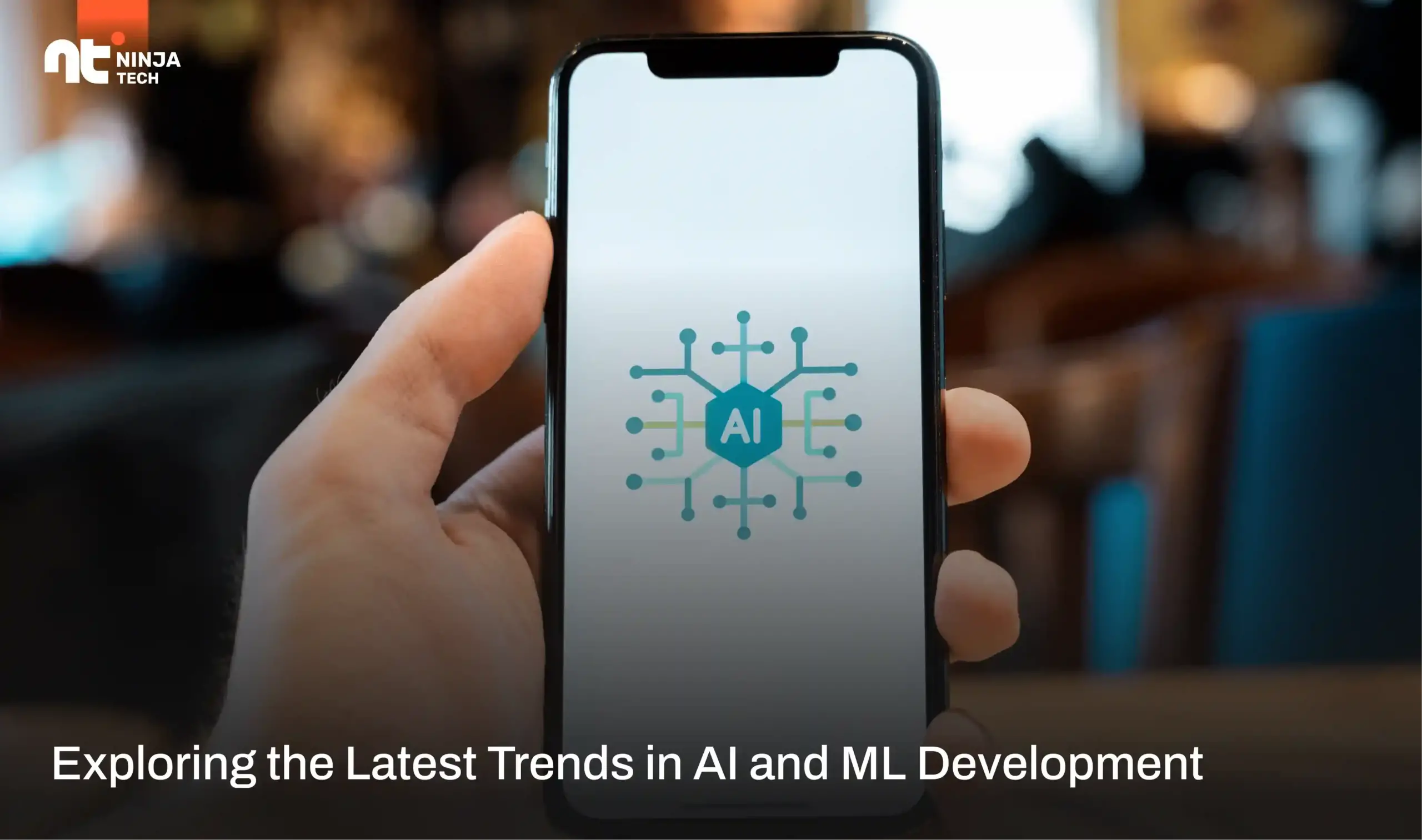
Artificial Intelligence (AI) and Machine Learning (ML) continue to revolutionize industries and redefine possibilities across the globe. From automating routine tasks to predicting complex outcomes, the advancements in AI and ML are driving unprecedented innovation. Let’s delve into some of the latest trends shaping the landscape of AI and ML development:
1. Explainable AI (XAI)
Explainable AI is gaining traction as businesses seek transparency in AI decision-making processes. XAI techniques aim to make AI models more understandable and interpretable, enabling stakeholders to trust and verify AI-driven decisions. This trend is crucial, especially in sectors where regulatory compliance and ethical considerations play a significant role.
2. AI Ethics and Responsible AI
With the increasing adoption of AI, there is a growing emphasis on ethical considerations and responsible AI practices. Organizations are focusing on developing AI systems that are fair, unbiased, and accountable. Frameworks and guidelines are being established to ensure AI applications uphold ethical standards and respect privacy and diversity.
3. Edge AI
Edge AI involves deploying AI algorithms directly on devices (like smartphones, IoT devices, or edge servers) instead of relying on centralized cloud computing. This trend enables faster processing of data locally, reducing latency and enhancing privacy by keeping sensitive data on the device. Edge AI is particularly useful in applications requiring real-time decision-making and responsiveness.
4. AutoML (Automated Machine Learning)
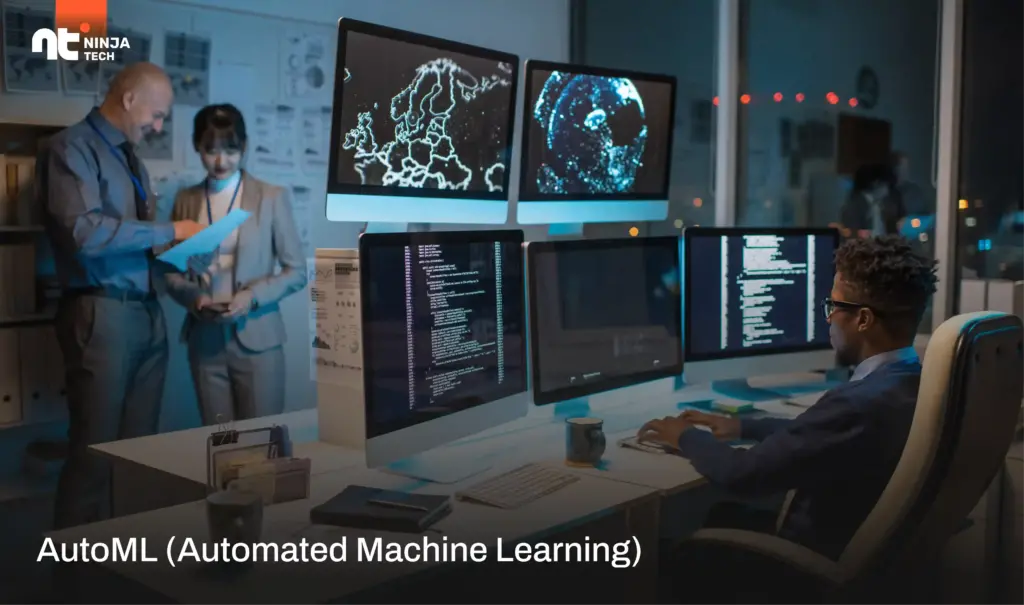
AutoML simplifies the process of building and deploying ML models by automating various stages of the machine learning pipeline, from data preprocessing to model selection and optimization. This trend democratizes AI development, allowing non-experts to leverage AI capabilities and accelerate innovation without extensive technical expertise.
5. Generative AI
Generative AI models, such as GANs (Generative Adversarial Networks) and transformers, are revolutionizing content creation and creative industries. These models can generate realistic images, videos, text, and music, opening new possibilities in areas like virtual content creation, design, and personalized content generation.
6. AI-driven Healthcare Innovations
In healthcare, AI is driving significant advancements in diagnostics, personalized medicine, and patient care. AI algorithms analyze medical imaging, genetic data, and patient records to assist in early disease detection, treatment planning, and predicting patient outcomes. The integration of AI is enhancing efficiency and accuracy in healthcare delivery.
7. Federated Learning
Federated Learning enables training ML models across decentralized devices or servers while keeping data local and private. This approach allows organizations to collaborate and build robust AI models without sharing sensitive data. Federated Learning is gaining popularity in sectors like healthcare, finance, and telecommunications where data privacy is paramount.
8. AI-driven Automation and Robotics
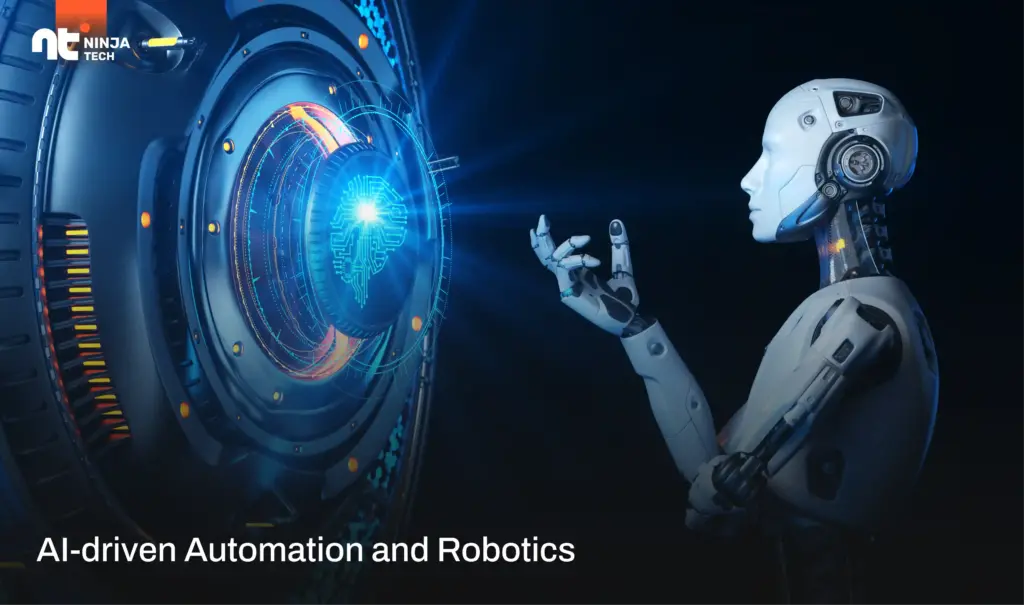
AI is transforming industries through automation and robotics. Advanced AI algorithms power autonomous vehicles, industrial robots, and smart manufacturing systems, optimizing processes, increasing productivity, and improving safety in industrial environments. AI-driven automation is reshaping the future of work across various sectors.
9. Natural Language Processing (NLP) Advancements
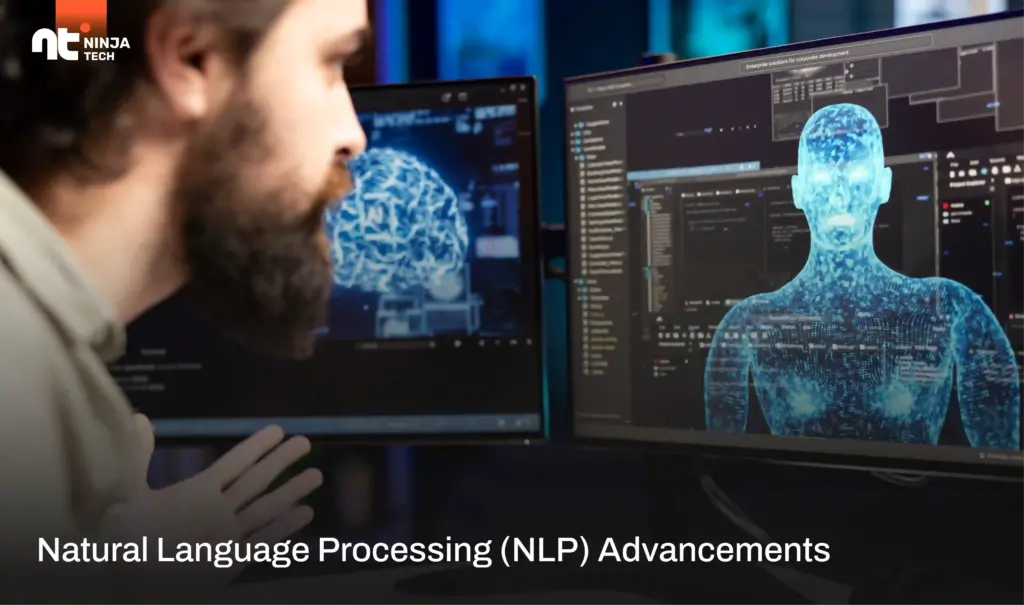
Advancements in NLP, fueled by deep learning models like transformers, are enabling machines to understand and generate human language more accurately than ever before. Applications include chatbots, sentiment analysis, language translation, and content summarization, enhancing customer service and information retrieval systems.
10. AI for Climate Change and Sustainability
AI technologies are being leveraged to address global challenges such as climate change and sustainability. AI models analyze environmental data, optimize energy consumption, predict weather patterns, and facilitate resource management. AI-driven innovations play a crucial role in achieving sustainable development goals and mitigating environmental impact.
Conclusion:
The field of AI and ML development is evolving rapidly, driven by continuous innovation and advancements in technology. As businesses and industries embrace these trends, they are poised to unlock new opportunities, drive efficiencies, and deliver impactful solutions to complex challenges. Staying abreast of these latest trends is essential for organizations looking to harness the full potential of AI and ML in their operations and strategies.
